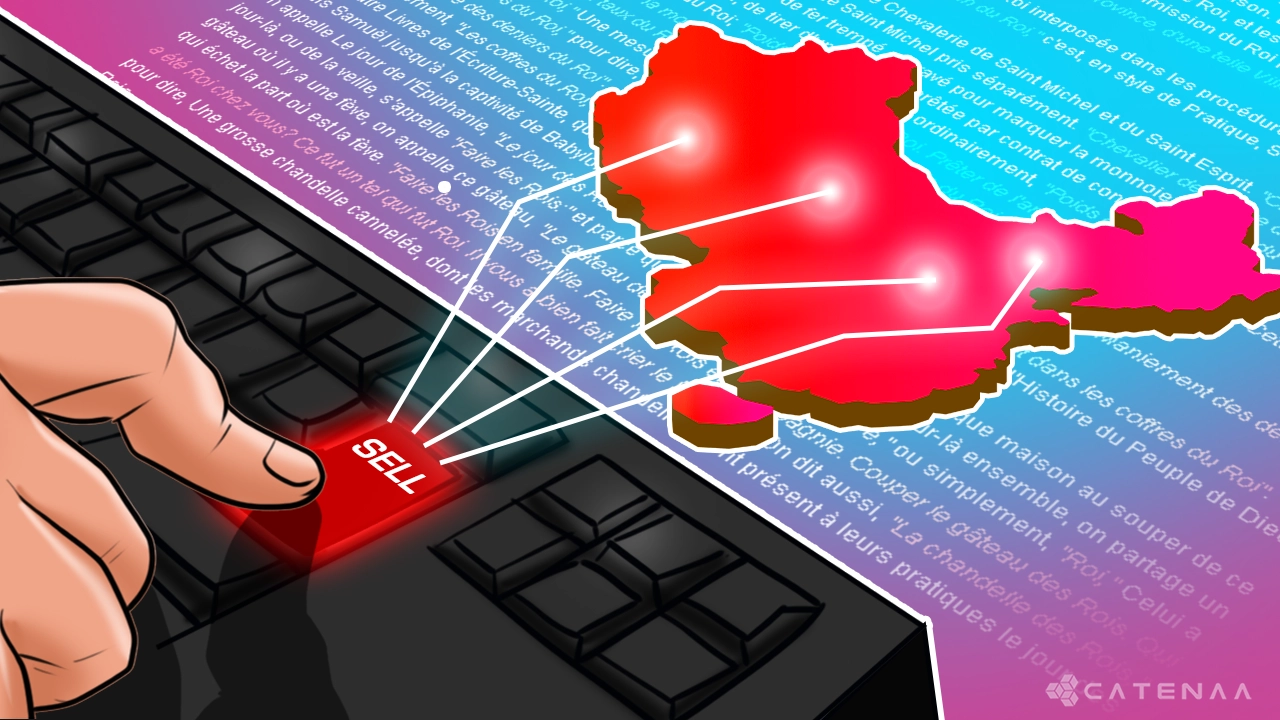Catenaa, Monday, April 21, 2025-US retail investors could trigger major sell-offs of Chinese companies’ American depositary receipts (ADRs) if the Trump administration moves to sever financial ties with China, Goldman Sachs warned Wednesday.
In a report, the bank said individual investors in the U.S. held around $370 billion worth of Chinese ADRs, making them especially vulnerable if delisting fears materialize. Analysts noted that companies like Alibaba Group Holding, where 40 percent of ADRs are held by retail traders, face greater exposure.
“Some US retail investors may be reluctant or unable to convert their ADRs into Hong Kong-listed shares,” the report said.
The warning comes amid renewed speculation of financial decoupling between the world’s two largest economies, following intensifying trade tensions.
In a separate note, Goldman estimated that such a decoupling could trigger a $2.5 trillion sell-off across US and Chinese equities and bonds.
President Donald Trump has the authority to delist foreign firms under the Holding Foreign Companies Accountable Act, a law he signed during his first term in 2020. In early 2021, before leaving office, the New York Stock Exchange delisted three Chinese telecom giants—China Telecom, China Mobile and China Unicom—in compliance with the measure.
While retail investors face immediate risks, institutional investors reportedly hold a far larger stake—approximately $830 billion—in Chinese ADRs, H shares, and onshore yuan-traded stocks. That figure jumps to $960 billion when Hong Kong-domiciled firms are included.
The potential move to force delisting of Chinese firms from US exchanges has re-emerged as a flashpoint in the broader geopolitical rivalry, with implications for global markets.
Goldman Sachs’ caution highlights growing investor anxiety and the potential market turmoil that could ensue if US-China financial ties continue to fray.


